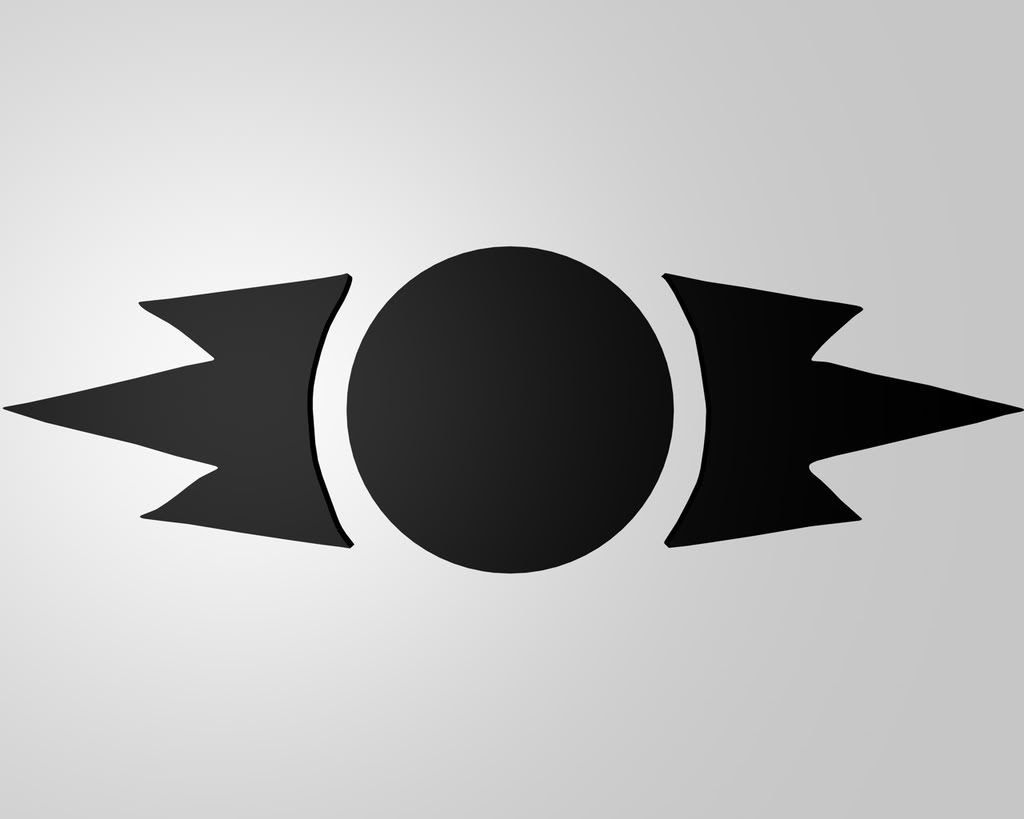Military
Chief Of Naval Operations Role

Introduction to the Chief of Naval Operations Role

The Chief of Naval Operations (CNO) is the highest-ranking officer in the United States Navy. The CNO is responsible for the overall strategy and direction of the Navy, and serves as a member of the Joint Chiefs of Staff. The role of the CNO is to provide leadership and guidance to the Navy, and to ensure that the Navy is able to carry out its mission to defend the United States and its interests. The CNO is appointed by the President and confirmed by the Senate, and typically serves a four-year term.
Key Responsibilities of the Chief of Naval Operations

The CNO has a number of key responsibilities, including: * Developing and implementing the Navy’s strategy and budget * Providing leadership and guidance to Navy personnel * Overseeing the development and acquisition of new technologies and systems * Representing the Navy in interactions with other branches of the military, as well as with international partners and allies * Advising the President and the Secretary of Defense on naval matters The CNO also plays a key role in shaping the Navy’s culture and values, and in promoting the welfare and well-being of Navy personnel and their families.
History of the Chief of Naval Operations Role

The role of the CNO was established in 1915, when the Navy’s highest-ranking officer was given the title of Chief of Naval Operations. Over the years, the role has evolved to reflect the changing needs and priorities of the Navy. Today, the CNO is a key member of the Joint Chiefs of Staff, and plays a critical role in shaping the nation’s military strategy.
Requirements and Qualifications for the Chief of Naval Operations Role

To be eligible to serve as CNO, an individual must: * Be a commissioned officer in the Navy * Have at least 20 years of service * Have a strong record of leadership and achievement * Have a deep understanding of naval operations and strategy * Be able to communicate effectively with a wide range of audiences, including Congress, the media, and international partners The CNO must also be able to think strategically, and to make difficult decisions in high-pressure situations.
Challenges Facing the Chief of Naval Operations

The CNO faces a number of challenges, including: * Budget constraints: The Navy’s budget is subject to fluctuations, which can make it difficult to plan and execute long-term strategies. * Technological advancements: The pace of technological change is rapid, and the CNO must ensure that the Navy is able to keep up with the latest developments. * Global threats: The Navy must be able to respond to a wide range of threats, from terrorism to piracy to cyber attacks. * Personnel management: The CNO must ensure that the Navy has the right people in the right places, and that personnel are properly trained and equipped to carry out their missions.
| Challenge | Description |
|---|---|
| Budget constraints | The Navy's budget is subject to fluctuations, which can make it difficult to plan and execute long-term strategies. |
| Technological advancements | The pace of technological change is rapid, and the CNO must ensure that the Navy is able to keep up with the latest developments. |
| Global threats | The Navy must be able to respond to a wide range of threats, from terrorism to piracy to cyber attacks. |
| Personnel management | The CNO must ensure that the Navy has the right people in the right places, and that personnel are properly trained and equipped to carry out their missions. |

📝 Note: The CNO must be able to balance competing priorities and make difficult decisions in high-pressure situations.
Conclusion and Final Thoughts

In conclusion, the Chief of Naval Operations plays a critical role in the United States Navy, and is responsible for providing leadership and guidance to the Navy. The CNO must be able to think strategically, and to make difficult decisions in high-pressure situations. The role of the CNO is challenging, but also highly rewarding, and requires a unique combination of skills and qualities. As the Navy continues to evolve and adapt to changing circumstances, the CNO will play a key role in shaping the future of the Navy and ensuring that it remains a powerful and effective force for defending the United States and its interests.
What is the role of the Chief of Naval Operations?

+
The Chief of Naval Operations is the highest-ranking officer in the United States Navy, and is responsible for providing leadership and guidance to the Navy.
What are the key responsibilities of the Chief of Naval Operations?

+
The CNO is responsible for developing and implementing the Navy’s strategy and budget, providing leadership and guidance to Navy personnel, and overseeing the development and acquisition of new technologies and systems.
What are the challenges facing the Chief of Naval Operations?

+
The CNO faces a number of challenges, including budget constraints, technological advancements, global threats, and personnel management.



